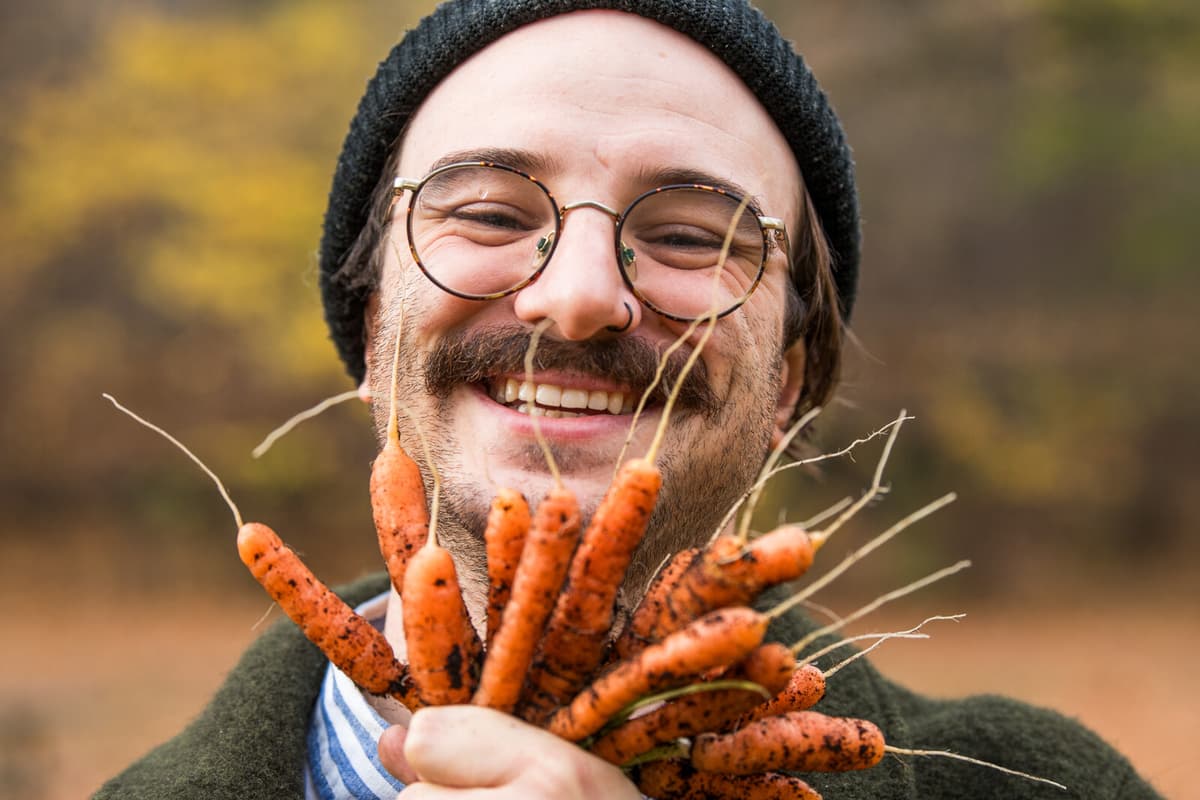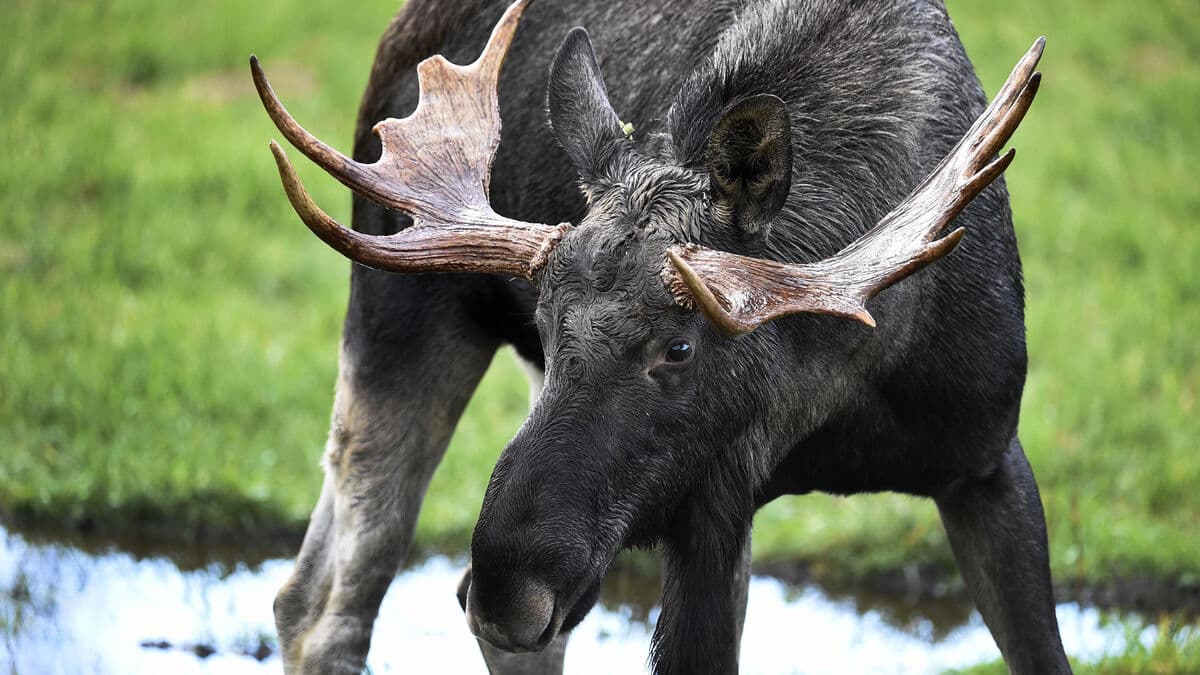It's been twelve years since the Swedish Association for Leisure Gardening (FOR) last surveyed our gardening habits, and a lot has happened during that time. 38 percent report that their interest in gardening has increased over the past five years.
It's pleasing to see that interest is increasing among the younger generation under 50, says FOR's chairman Inger Ekrem.
It's also interesting to see a trend towards people viewing their gardens as a place to grow edible produce.
One who belongs to both the younger group and wants to grow edible produce is 28-year-old Lewis Day in Stockholm. His interest in gardening took off three years ago when he moved to an apartment where he got the opportunity to garden.
Before that, I had become more and more interested through social media over a couple of years.
Fun to eat
Today, he has various types of cabbage and carrots in planters on the yard and tomatoes and chili on the balcony.
It's fun to geek out, but the best is always to eat something you've grown yourself.
It's easy to assume that the interest would have been affected by the recent crises, but the survey shows that they have played a smaller role in our gardening habits. Only 28 percent report that the climate crisis has affected their interest in gardening to some extent. On the other hand, 79 percent of those with gardening opportunities think that self-sufficiency is important in times of crisis.
I think it's more that society as a whole is moving towards wanting to be more in the garden, that it's something we're missing, says Inger Ekrem.
Feeling good
We also see our gardens as places where we socialize with friends and family and that make us feel physically and mentally well, the survey shows.
It's the same for those who garden on their balcony or have an allotment. Engaging in something that's in the earth, gardening, is something that makes you feel better.
Even though we garden to feel good, it can also serve an important function for society, emphasizes Inger Ekrem.
The area that we could cultivate for leisure is actually larger than the area cultivated commercially. This report shows the potential that exists. Even if leisure gardeners can't provide for the whole of Sweden, you put less strain on the system if you grow your own, so there's more left for those who don't have the opportunity to garden.
87 percent of Swedes have access to their own gardening area.
38 percent of the population report that their interest in gardening has increased over the past five years.
76 percent of those with gardening opportunities grow something edible.
33 percent have increased their gardening area for edible crops.
The survey was conducted by Novus in February-March 2024. The questions in the survey were asked to 1,522 people from Novus' Sweden panel.
Source: The Swedish Association for Leisure Gardening






